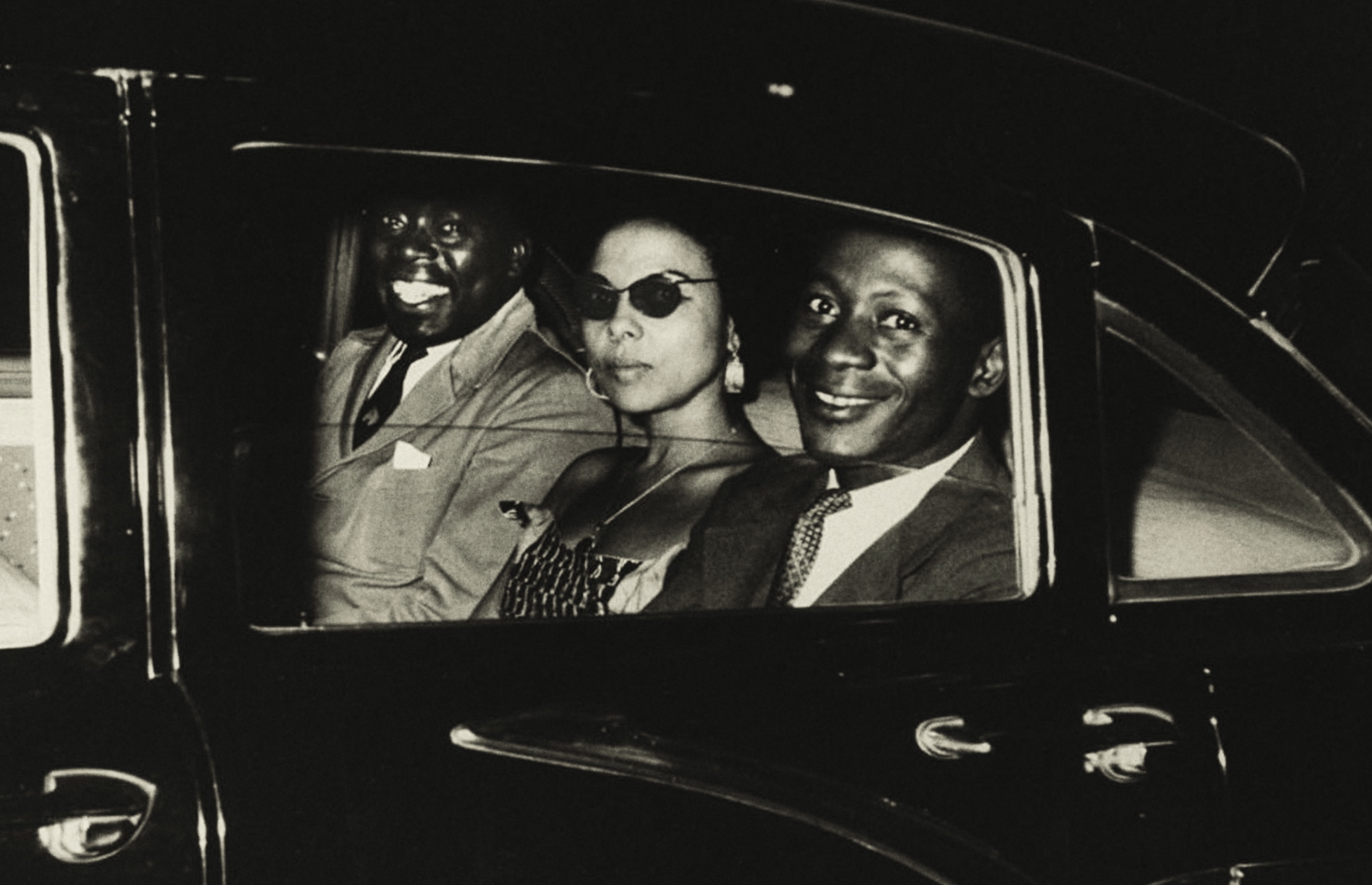Soundtrack to a Coup d’Etat
Johan Grimonprez
Patrice Lumumba became the first prime minister of newly independent Congo in 1960, only to be executed the following year. He had become the personification the growing Pan-African movement, which threatened Western hegemony on the African continent. Against this background, jazz music became a political tool.
Patrice Lumumba had alarmed Belgium and the United States with his assertions that Congo’s riches should belong to the country’s people. At the same time, it served as an inspiration for the American civil rights movement. Soundtrack to a Coup d’Etat traces the budding hope that was emanating in the Global South and being felt in the West in 1960.
The film also delves into the way the CIA used Black American jazz artists, such as Louis Armstrong, Nina Simone, Duke Ellington and Dizzy Gillespie, to promote America’s image abroad. As part of an African tour sponsored by the State Department and PepsiCo, Armstrong arrived in Congo in October 1960, a month after Lumumba’s overthrow. Were the musicians used as diversion?
Credits
- Director
- Johan Grimonprez
- Producer
- Daan Milius, Rémi Grellety, Katja Draaijer, Frank Hoeve, Johan Grimonprez
- Year
- 2024
- Country of production
- Belgium, France, Netherlands, The
- Duration
- 150 minutes
- Spoken language
- Dutch, English, French, Russian
- Subtitles
- EN
- Production company
- Onomatopee Films, Warboys Films, BALDR Film
- World Sales
- Mediawan
- Dutch distributor
- Imagine Film
